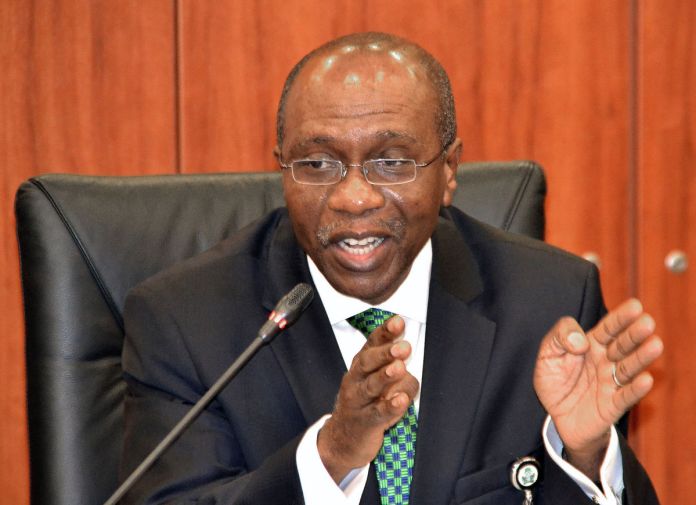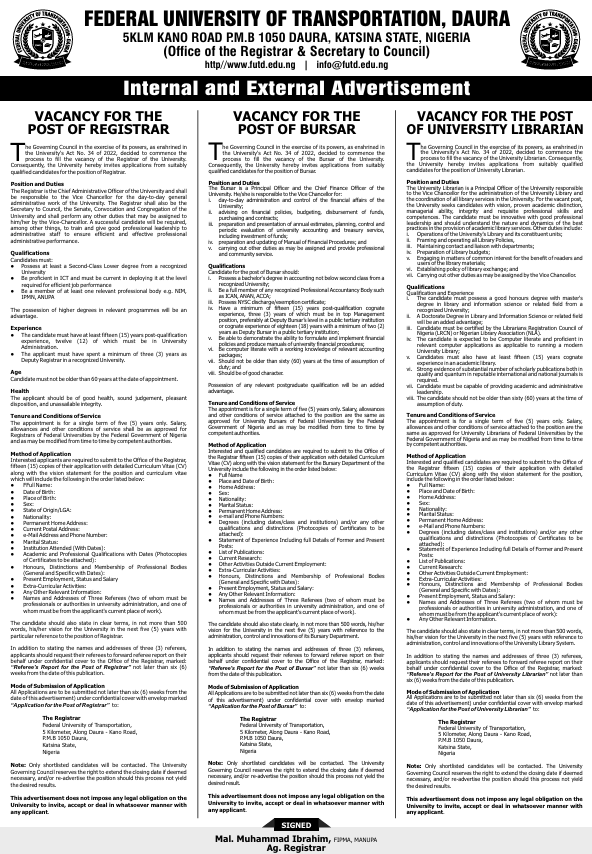A new survey by the Central Bank of Nigeria has revealed that rising inflation will weaken the country’s economy.
The statistics department of the CBN disclosed in its inflation attitudes survey report for the fourth quarter of 2020 that respondents believed that the economy would end up weaker if prices started to rise faster.
Given a trade-off between inflation and interest rates, more respondents preferred interest rates to fall than the inflation rate, the survey showed.
The report showed that majority of the respondents had no idea who influenced the direction of interest rates in Nigeria.
Part of the report read, “Respondents were asked what would become of the Nigerian economy if prices started to rise faster than they do now.
“The survey result showed that 60.8 per cent of the respondents believed that the economy would end up weaker, 8.4 per cent stated that it would be stronger, 12.8 per cent of the respondents believed it would make a little difference, while 17.9 per cent did not know.
“The responses showed considerable support for price stability, as majority (60.8 per cent) agreed that the economy would end up weaker.
“This is consistent with the notion that inflation constrains economic growth.”
When asked how prices had changed over the past 12 months, respondents gave a median answer of 6.2 per cent.
READ ALSO: FG to access $750m World Bank loan for states
Of the total respondents, 1.7 per cent thought prices had gone down or not changed, 79.1 per cent felt that prices had risen by at least 3.0 per cent, while 18.3 per cent felt that prices inched up by more than 1.0 per cent, but less than 3.0 per cent.
Those that had no idea were 0.9 per cent.
The median expectation of price changes over the next 12 months was that prices would inch up by 5.0 per cent.
From the total responses, 66.7 per cent of the respondents expected prices to rise by at least three per cent over the next 12 months, 17.0 per cent expected prices to increase by more than one per cent, but less than three per cent.
However, 15.1 per cent of the respondents were optimistic that prices over the next 12 months would either go down or remain the same.
The percentage of respondent households who felt that interest rates had risen in the last 12 months decreased by 2.1 points to 33.2 points in the current quarter when compared to 35.3 points attained in Q3, 2020.
On the other hand, 6.1 per cent of respondents believed that interest rates had fallen, while 45.5 per cent of the households had no idea.
The result revealed that the majority of the households had no idea about the direction of interest rates in the past 12 months.













